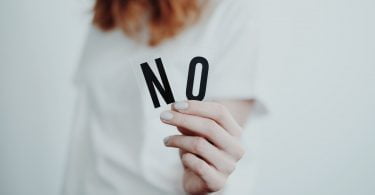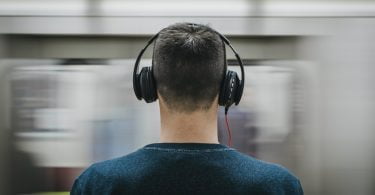Four lines arranged in a slanted cross-hatch position: who would have thought this simple character would become the symbol of the 21st century?
Four lines arranged in a slanted cross-hatch position: who would have thought this simple character would become the symbol of the 21st century? Our generation is becoming increasingly obsessed with the hash symbol, otherwise known as the ‘hashtag,’ something that seems to be finding itself in various media, in a way that seems to be irrelevant but at the same time, weirdly logical.
The origin of the symbol is unclear but the traditional purpose of the symbol seemed mainly to indicate numbers or currency.
These days, however, its use has been popularised by social networking sites (mainly Twitter) as a means to group related tweets together, to encourage discussion and allow any person to easily ‘join the conversation.’ By placing a hashtag before an important word or a phrase to summarise a tweet, they become searchable and can be readily responded to by anyone around the world.
In the modern world, emphasis is increasingly being put onto condensing our thoughts into bite-size form: first selecting up to 140 characters for a tweet, and then summarising it with a single word hashtag.
The issue is how fashionable it seems to be to put hashtags anywhere and everywhere. Even in music album and single titles, they are fast-becoming ‘a thing’ but it doesn’t really seem to make much sense.
Will.i.am doesn’t even use the word ‘hashtag’ in his latest hit, ‘#thatPOWER’ featuring Justin Bieber, to justify its usage in the single title. The random capitalisation of one word in the song’s title further makes it seem like he’s just trying too hard to be different and forward-thinking.
He’s not the only one though. This strange way to nominalise seems to have caught on as other music artists have latched onto the hashtag-hype and started including them in their work. Take Mariah Carey’s latest offering ‘#Beautiful’, for example, and The Script’s most recent album entitled ‘#3.’
So while it will be easier to search for a hashtag on Twitter to find out what people are saying about breaking news stories, polemic issues discussed using predetermined hashtags and will.i.am’s latest album, surely people are more than capable of adding a hashtag if they want their tweet to be found in this way.
Similarly, most TV programmes will now start by showing the ‘official’ hashtag for viewers to use if they want to tweet about the show. We don’t need to be spoon-fed hashtags!
Most social-networking sites will now ‘accept’ hashtag use in status updates—Facebook is being forced to implement a hashtag feature to accommodate those many people that get it confused with Twitter and Instagram. It seems that in the end, all the social-networking sites are going to mould into one and there will really be no difference between them.
It’s even finding its way into SMS texting and conversation. I, for one, am guilty of saying ‘hashtag’ before a word or a phrase, often for no reason at all. For the minute bit of humour it may provide, I sometimes sacrifice my own ability to speak properly and instead transform into the human reincarnation of my Twitter account.
Some people have even admitted to seeing people making hashtag signs with their fingers while they’re talking on the phone. To quote a real-life example: ‘…and then I was like that’s so *makes hashtag sign with fingers* hashtag boring…’ is perhaps one too many steps too far.
As use of the word in our verbal communication increases, certain linguistic groups believe that excessive use of the word ‘hashtag’ itself is contaminating our language. Take the French, whose national language board banned the word and suggested ‘mot-diѐse’ as an alternative, meaning ‘sharp word.’ Nowhere near as addictive.
Though it can help us get straight to-the-point, all this hashtagging could leave you feeling a bit square-eyed as well as unable to form coherent and meaningful sentences.
So are you a hashtag whore? It’s not necessarily a bad thing—you’re just doing what you’re told, going with the flow. But the long-term implications of this new method that is set to dominate both our written and verbal forms of communication may be irreversible.
Maybe it’s time for me to right-click and ‘Add to Dictionary’ to remove that red squiggly line that has appeared throughout this word document. The fact that I’ve managed to write this entire article about a single keyboard character is quite an achievement in itself.
Maybe it will soon become a vital part of our punctuation-learning in schools since most people nowadays potentially know how to use hashtags more than the notoriously problematic semi-colon, for example.
The expanding use of the hashtag is a topic that continues to trend in every element of our daily lives but if we don’t learn to control it, the consequences for language as we know it could be catastrophic.
#justsayin
What do you think of the hashtag? Is it annoying or do you think it serves a purpose? Have your say in the comments section below, on Facebook or on Twitter.








